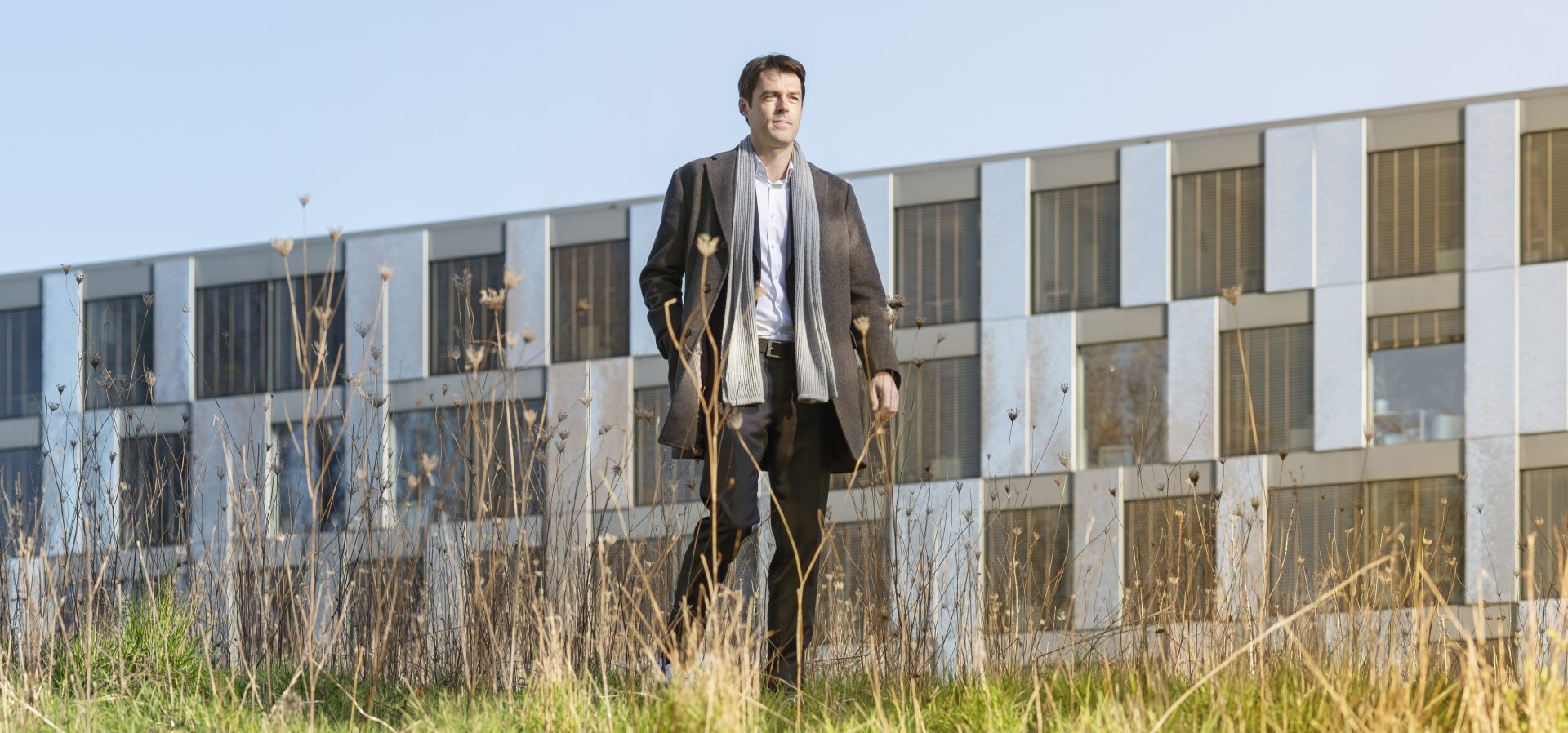On this new academic semester, I have decided to inaugurate a new way of communicating. This blog offers me a more personal channel of expression that complements the institutional and scientific content already in place at the University of Lausanne. Through it, I will share my experience at the Direction, the subjects that motivate me and my questions, hoping to stimulate fruitful exchanges of ideas. I would like to take advantage of this first publication to tell you about my intentions as Rector and what has marked me during my first six months in this position.
The first thing that has come to my attention as I have taken on this new public role is the responsibility inherent in the platform that is now available to me. No speech made by the university in general and by the Rector in particular is insignificant. In a rapidly changing world, can and should we position ourselves in the face of current and future societal challenges? Through the science it practices, whether natural, social or human science, the university has long observed and dissected the mechanisms we are currently going through on an individual and global level. Its knowledge and its field experience make it an obvious interlocutor and ally to address the issues of tomorrow. In my opinion, four major areas of work are emerging for the years to come: equality, sustainability, access to health and, of course, the place of technology in our societies. With the University of Lausanne, I want to help think about a world that wants to be more open and more diverse. Such a position seems logical given our expertise in social, legal, medical and strategic issues related to equal opportunities and vulnerabilities. This expertise has enabled us to establish recruitment procedures that take into account our unconscious biases. The challenge now is to implement them. The Directorate also participated in the exhibition Continuum, Savoirs et Récits LGBTIQ+ and encouraged a round table around Marriage for All to discuss future issues and challenges.
L’UNIL se profile également comme une actrice incontournable de la transition écologique qu’elle étudie, expérimente et enseigne. Ce faisant, elle peut compter sur le large spectre de ses activités en sciences naturelles et sciences humaines et sociales, ainsi que sur des centres interdisciplinaires qui produisent une richesse de pensée susceptible d’élaborer une approche systémique. Enfin, l’UNIL occupe déjà une place influente dans la recherche en oncologie, immunothérapie, neurosciences ou sur le microbiote, et elle fait partie des fers de lance de l’expérimentation clinique. C’est donc une évidence pour moi : en tant que Recteur, il me tient à cœur d’épauler l’UNIL pour qu’elle reste un véritable carrefour de réflexion, et qu’elle se profile face à la Cité comme une voix scientifique largement relayée qui permette de faire avancer les questions sociétales de portée universelle.
These first six months have also been an opportunity to make fascinating encounters with the actors of the university, and well beyond. These took place in rich and varied contexts, such as the NCCR microbiomes project, Alexandre Roulin's owls, the Collart-Plamyre exhibition, Nino's kitchen (for improvised pasta), the opening of the E4S Master's program, the 40th anniversary of the IDHEAP, la Grange renovated, or the signing of the agreement between UNIL and the International Cycling Union (as a Belgian citizen, I couldn’t forget the bicycle!). We also have the chance to interview future professors every week, who are working on fascinating subjects and who prove that UNIL is an international institution. However, the meetings are not limited to academic tasks. Indeed, UNIL remains deeply attached to a participative functioning. So does the management. Our discussions with all councils, commissions, associations or expert groups have so far been an extremely motivating experience. The causes defended are just: allowing access to studies and fighting against precariousness while ensuring excellent teaching and time for cutting-edge research. Finally, I had the chance to meet fascinating politicians, be it Swiss elected officials, the Deputy Prime Minister of the Democratic Republic of Congo or former heads of state François Hollande and Micheline Calmy-Rey, who discussed the issue of active neutrality in Switzerland and in Europe (the evening will reveal, among other things, their commitment to free hostages in Mali and Libya, and will lift the veil on the sometimes good-natured atmosphere of the Council of Europe) National or international personalities, in the shadows or under the media spotlight, all of them inspire me to make the university evolve and remind me of the importance.
Of course, I cannot end this inaugural post without mentioning waiving most of the anti-covid measures announced by the political authorities last week. Being able to return to academic life without strong restrictions is a real relief that I share with all of you. It is important that we can guarantee each member of our community the conditions for a gradual return to "normal", flexible and respectful of individual situations. Let us also be careful to protect the vulnerable. With the benefit of hindsight, me and my team had to make some tough decisions last September, at the very beginning of its tenure. Imposing the COVID certificate while realizing what it implied for students and teachers was not easy and we are well aware of this. Despite the difficult situation and the many uncertainties, the courses and exams were able to take place thanks to your resilience, your efforts and those of many people behind the scenes. A big thank you to all of you! Waiving the sanitary measures is timely with the beginning of the spring semester. I am delighted and wish you all a great start to the new school year and hope to see you on campus.
